Best Acne Treatment in Chennai at Luxury Derm
Acne is a common skin condition that affects millions of people worldwide, regardless of age or gender. While it may seem like a rite of passage during adolescence, acne can persist into adulthood, le...
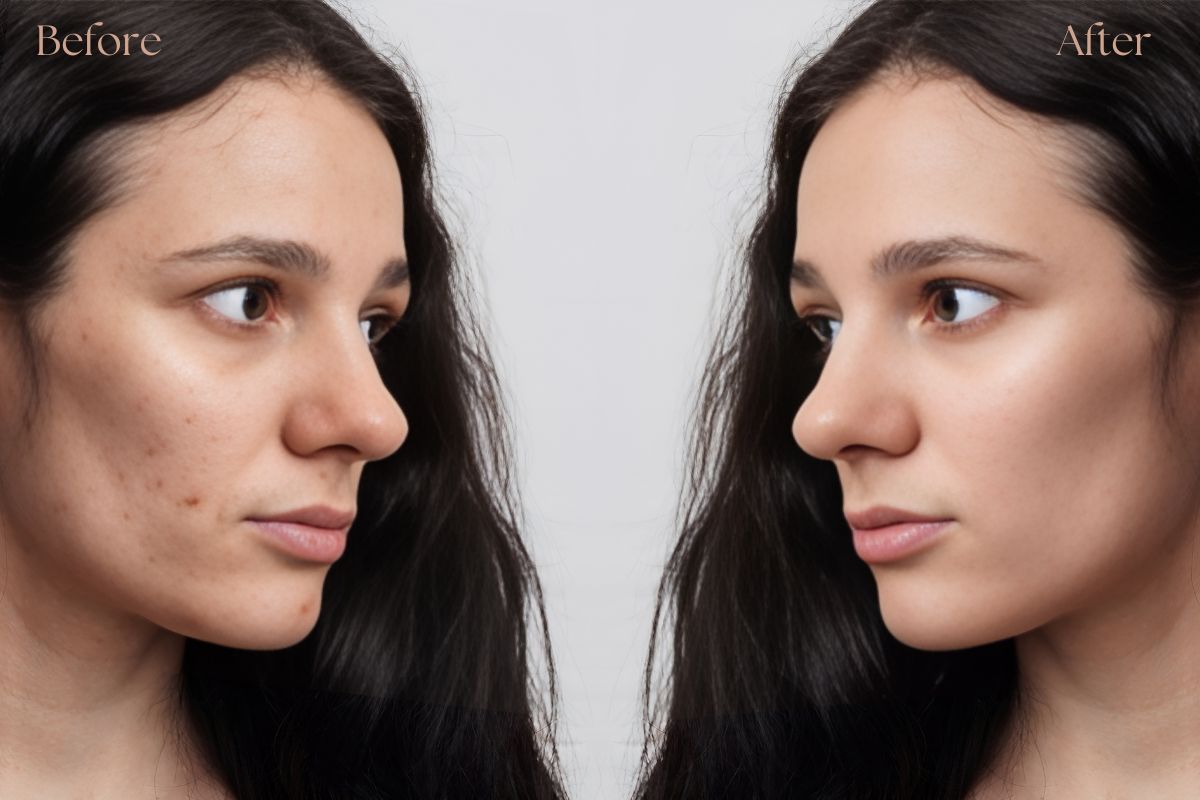
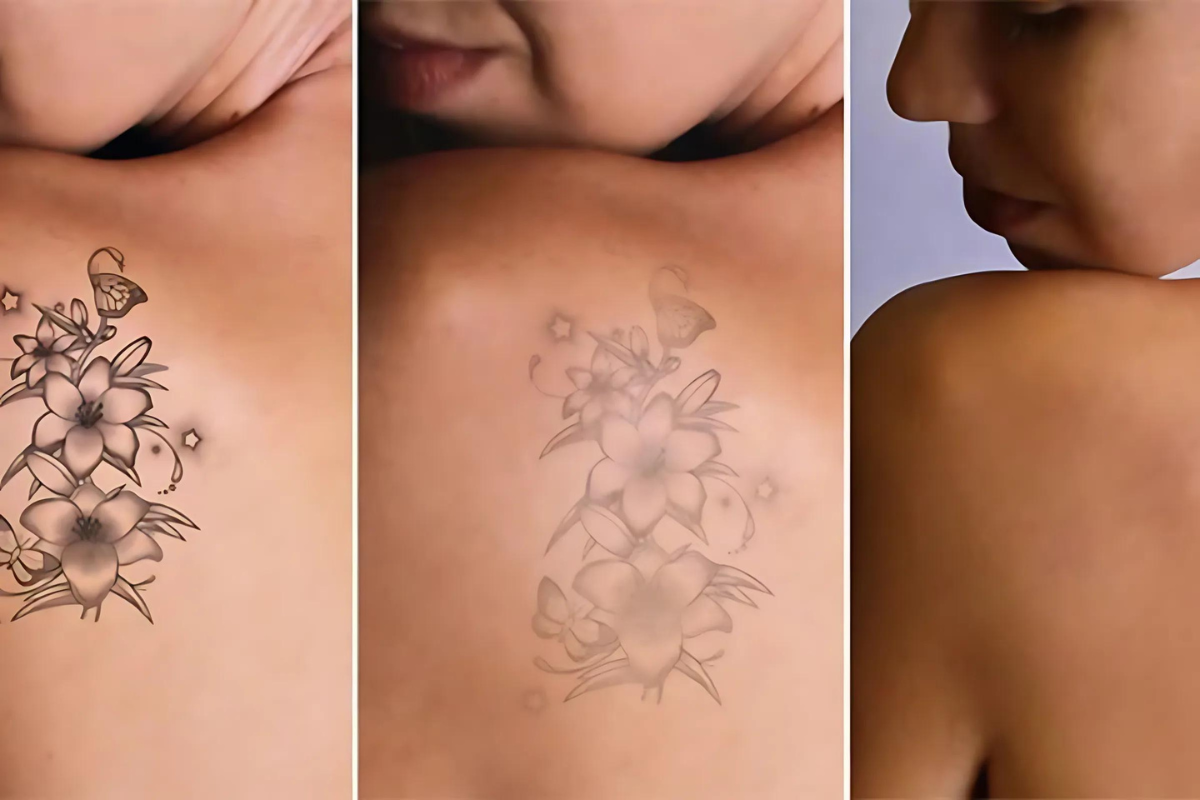
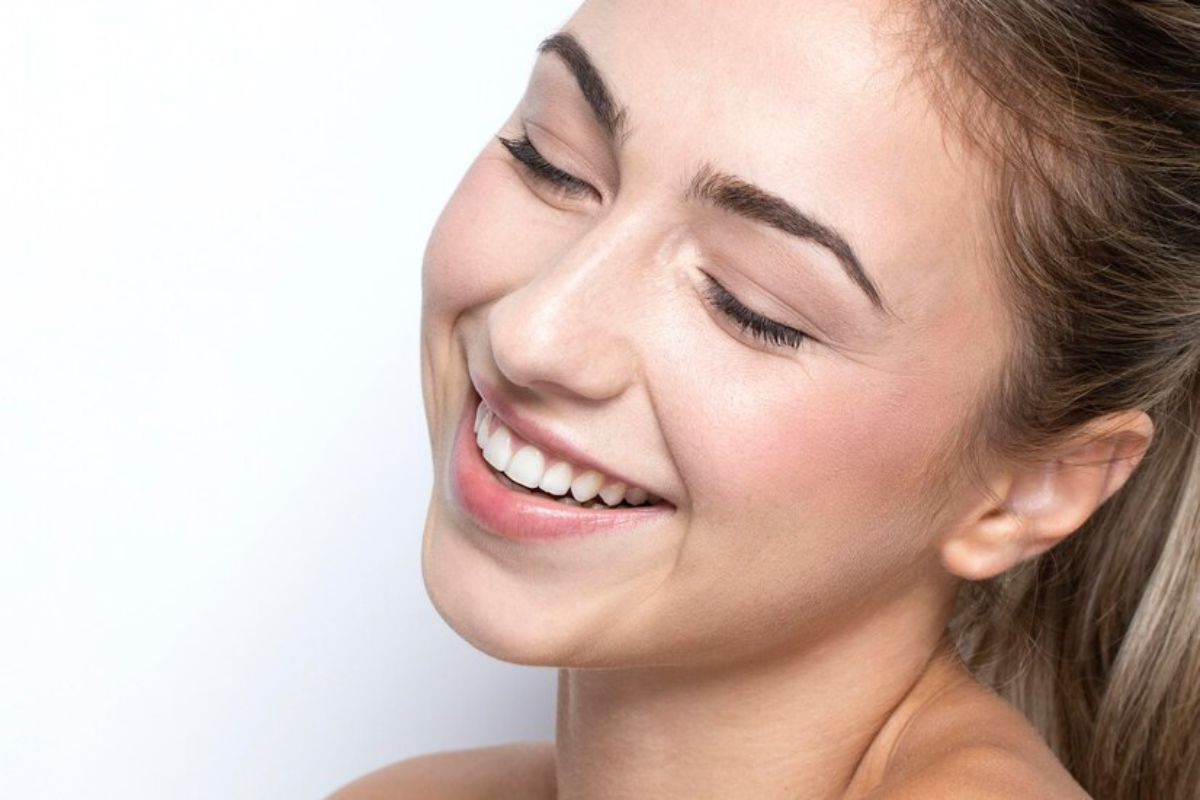
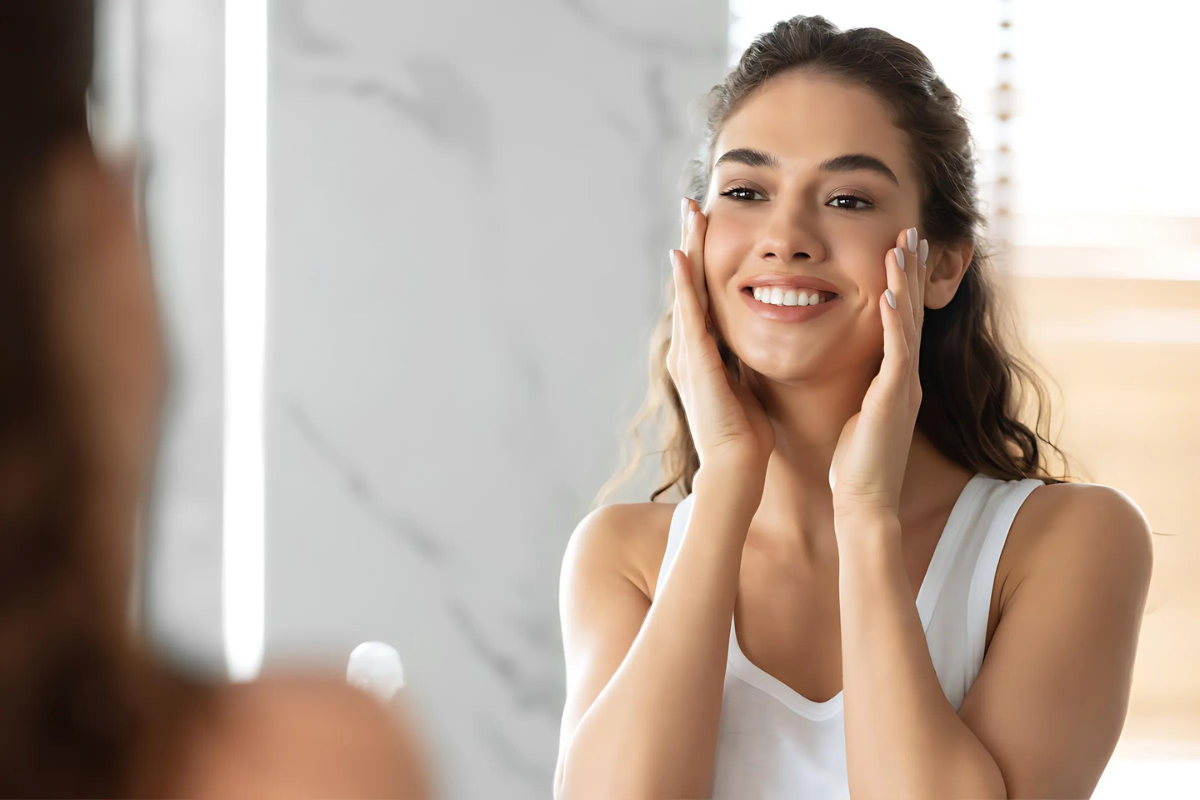


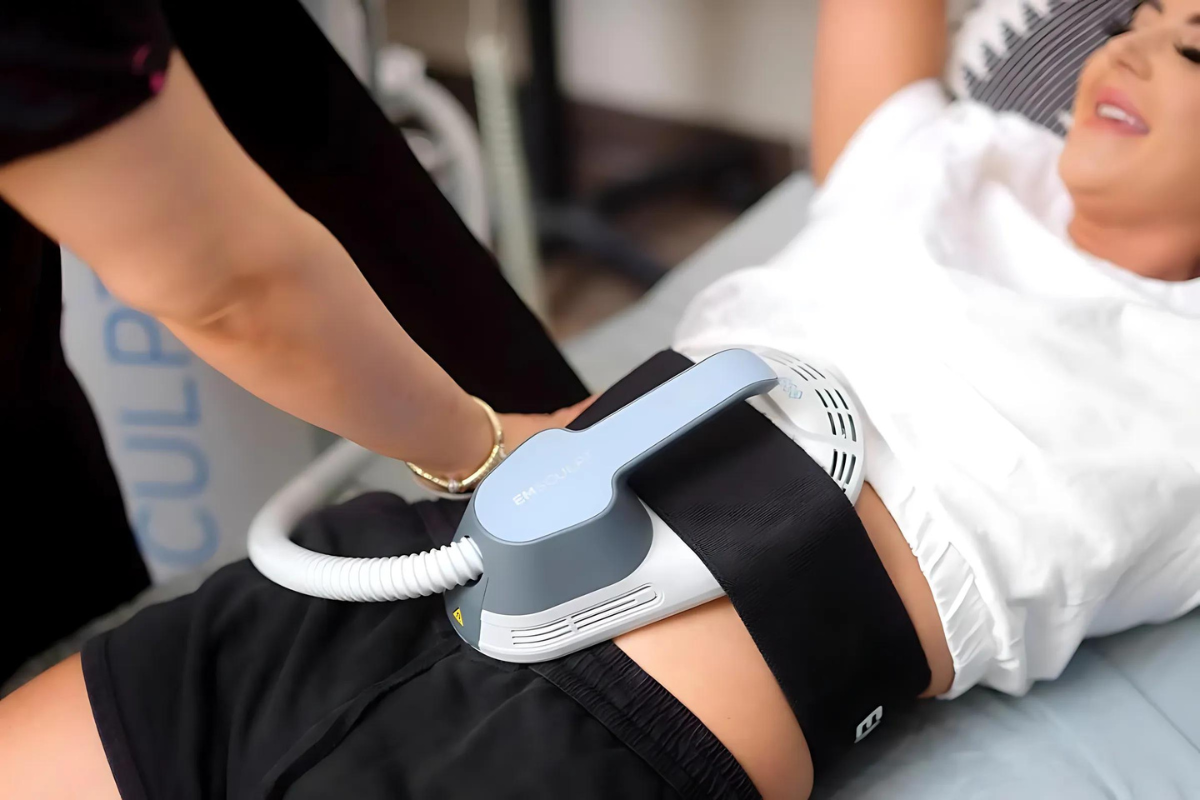

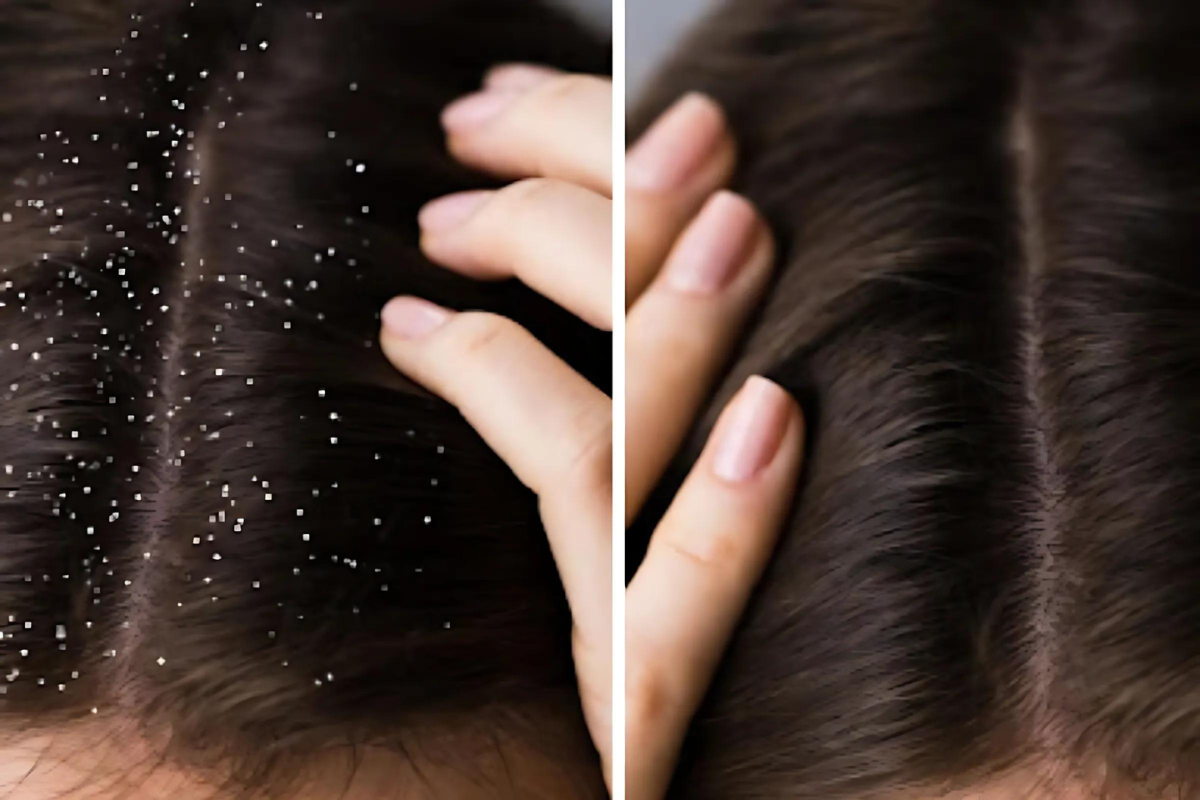
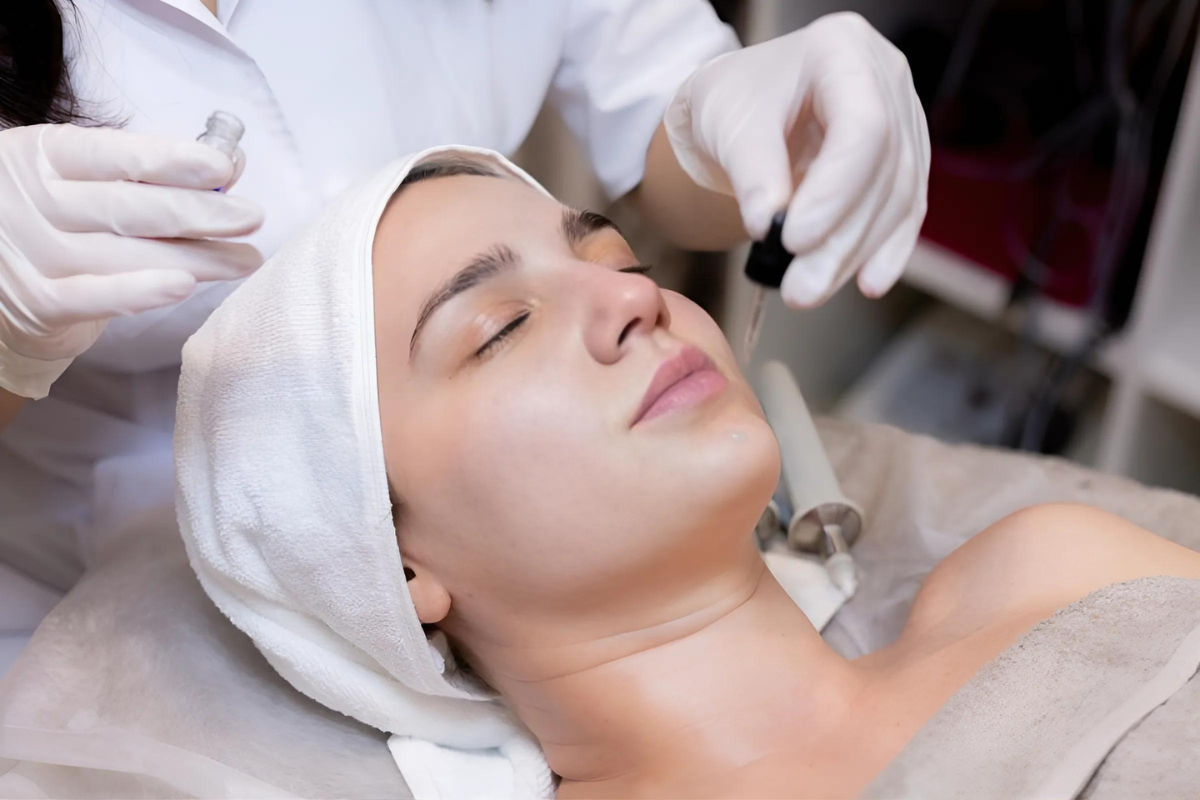
 Chat with us
Chat with us